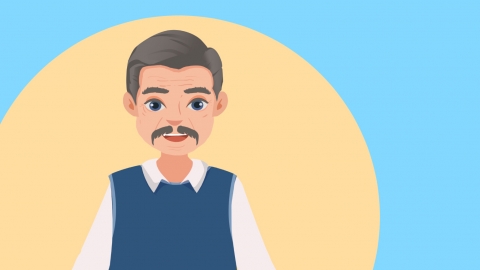Can improving sleep alleviate dizziness in elderly people upon waking in the morning?
Improving sleep quality usually helps relieve morning dizziness caused by poor sleep in the elderly. However, if morning dizziness is caused by other factors, improving sleep alone may not effectively alleviate the symptoms. It is recommended to seek timely medical attention and identify the underlying cause under the guidance of a qualified physician before initiating treatment.

Improving sleep quality can be helpful in alleviating morning dizziness in elderly individuals, but whether it is effective depends on the specific underlying cause of the dizziness. Morning dizziness in the elderly may be related to poor sleep quality, such as insufficient sleep or frequent sleep interruptions. Ensuring adequate sleep duration, maintaining a regular sleep schedule, and creating a favorable sleep environment can help improve sleep quality and reduce dizziness.
If the morning dizziness is not caused by sleep disorders but rather by other factors such as hypoglycemia, anemia, hypertension, hypotension, or cerebral hypoperfusion, simply improving sleep may not directly alleviate the dizziness. In such cases, treatment should target the specific underlying cause—for example, rapidly replenishing carbohydrates to correct hypoglycemia, taking antihypertensive medications to control blood pressure, or using antiplatelet drugs to improve cerebral blood flow.
In daily life, maintaining regular lifestyle habits, including a balanced diet, moderate exercise, and avoiding excessive fatigue, can also help alleviate symptoms of dizziness.




